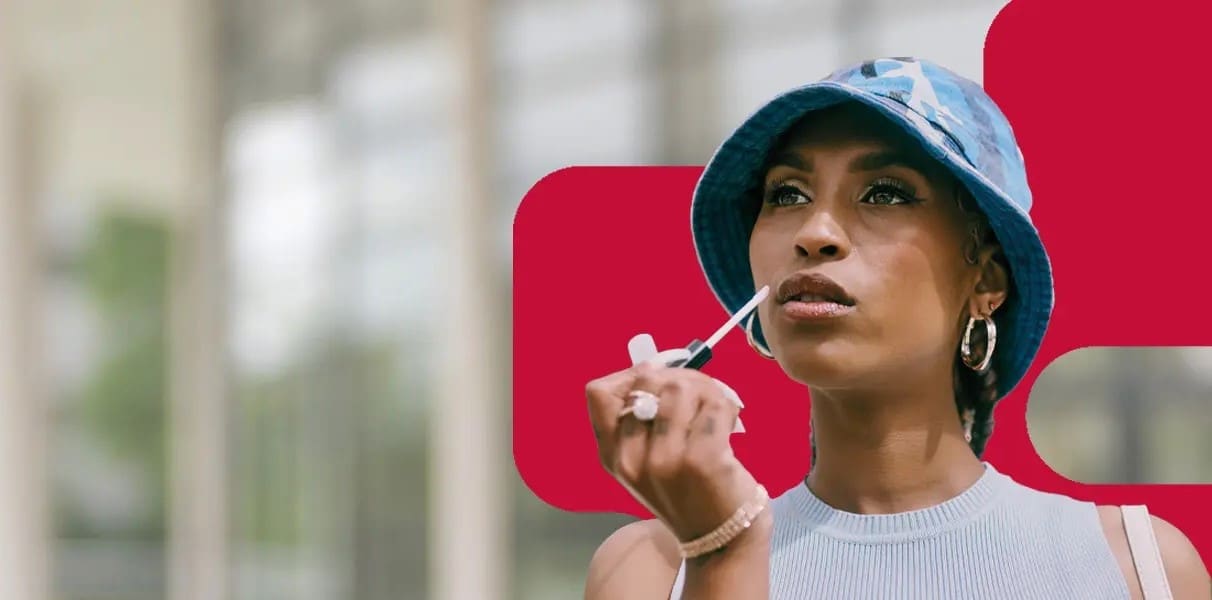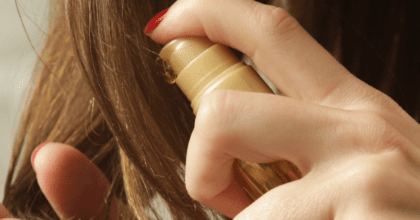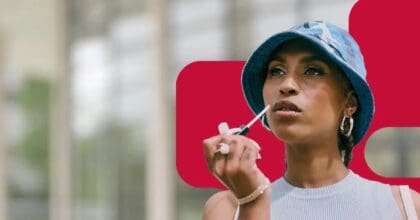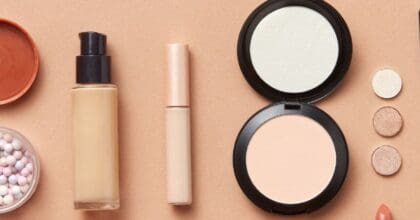Dazzling sales for facial skincare as the market experiences a prestige boom
We may have cut back or economised on many everyday costs, but new research from Mintel finds that when it comes to our face, only the best will do, as sales of prestige facial skincare products increased a stunning 9% between 2011 and 2012.
Latest research from Mintel finds the market for facial skincare has increased an impressive 20% in the last five years alone, valued at £1,1 billion in 2012, the market is set to reach a beautiful £1,2 billion in 2017. Within the industry, womens mass market (£615 million) is losing ground to prestige products (£449 million). Indeed, while sales of mass market products declined by 0.3% between 2011 and 2012, sales of prestige products increased 9%. Meanwhile, sales of men’s products (valued at £58 million) rose 3.6% over the same period.
Charlotte Libby, Household and Personal Care Analyst at Mintel, said:
“The facial skincare market performed well in 2012, with the prestige and men’s markets displaying particular strength. Prestige products have benefited from the so called ‘Lipstick Effect’ which has seen sales of luxury beauty products remain strong despite the economic downturn, as consumers treat themselves to small items. Additionally, increased and improved distribution channels will have no doubt buoyed the prestige sector.”
Highlighting the growing importance of the men’s facial skincare market, today, as many as 7% of men admit to spending a lot of time on their facial skincare routine. Indeed, facial moisturiser is used by more than four in ten (42%) men, while facial cleanser is used by almost a quarter (22%) of the nation’s males.
And it is not just moisturiser and cleanser which are filling men’s toiletry bags – as many as 23% of all men use lip balm, while 16% use facial wipes. Eye cream and gels are used by 7% of men, while almost the same number use face masks and peels (6%). Not to be left out in the cold with skincare technology, 3% of men apply BB cream while 8% use anti ageing products.
Overall, women are more sceptical about facial skincare claims than men. More than half (52%) of women don’t always believe the claims made by facial skincare products compared to 32% of men. Meanwhile, when it comes to the influence of the famous, less than one in twenty (4%) men and 3% of women buy products endorsed by celebrities.
“While many of the nation’s men are adopting a regular skincare regime, it remains that a lower proportion of men use facial skincare products than women. Additionally, 19% of men agree they only use facial skincare products when their skin visibly needs it. Men’s reactive approach to their skincare regime is the biggest challenge facing the industry. Encouraging men to adopt a more preventative approach to their skin’s needs could help drive sales in the category.” Charlotte concludes.
It’s a slippery slope for soap
Finally, it’s a slippery slope for soap. Once the only option for face washing, traditional soap is losing popularity as a facial skincare product, with the proportion of female users falling from 58% in 2012 to around a third (36%) in 2013. During the same period, the proportion of women describing their skin as combination or dry has increased, suggesting soap is not a preferable product for these skin types, or that there is greater availability of alternative products.
For the latest in consumer and industry news, top trends and market perspectives, stay tuned to Mintel News featuring commentary from Mintel’s team of global category analysts.
-
Mintel StoreGet smart fast with our exclusive market research reports, delivering the latest data, innovation, trends and strategic recommendations....View reports
-
Mintel LeapMintel Leap is a revolutionary new AI-powered platform that will transform your research process....Book a demo







































